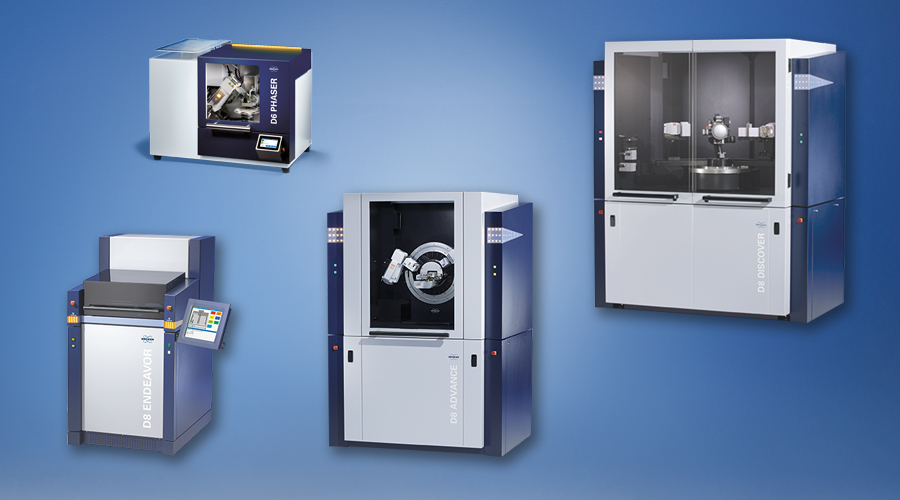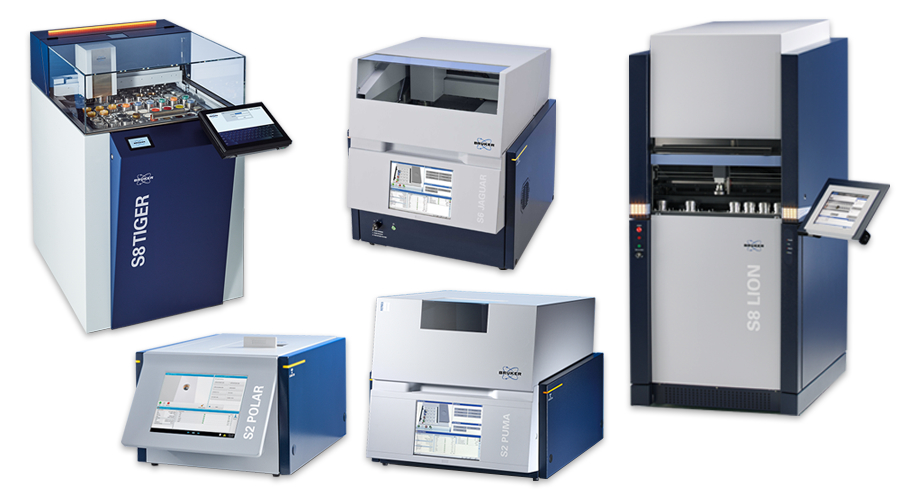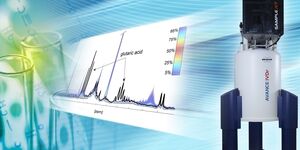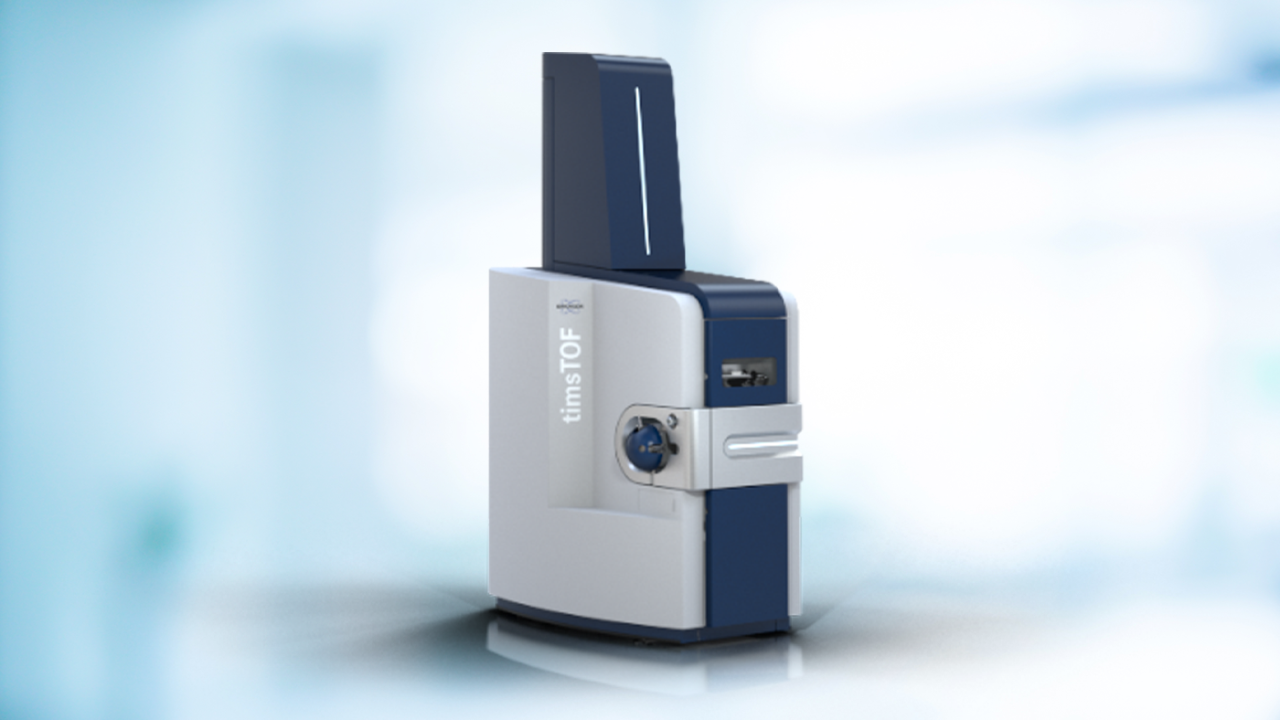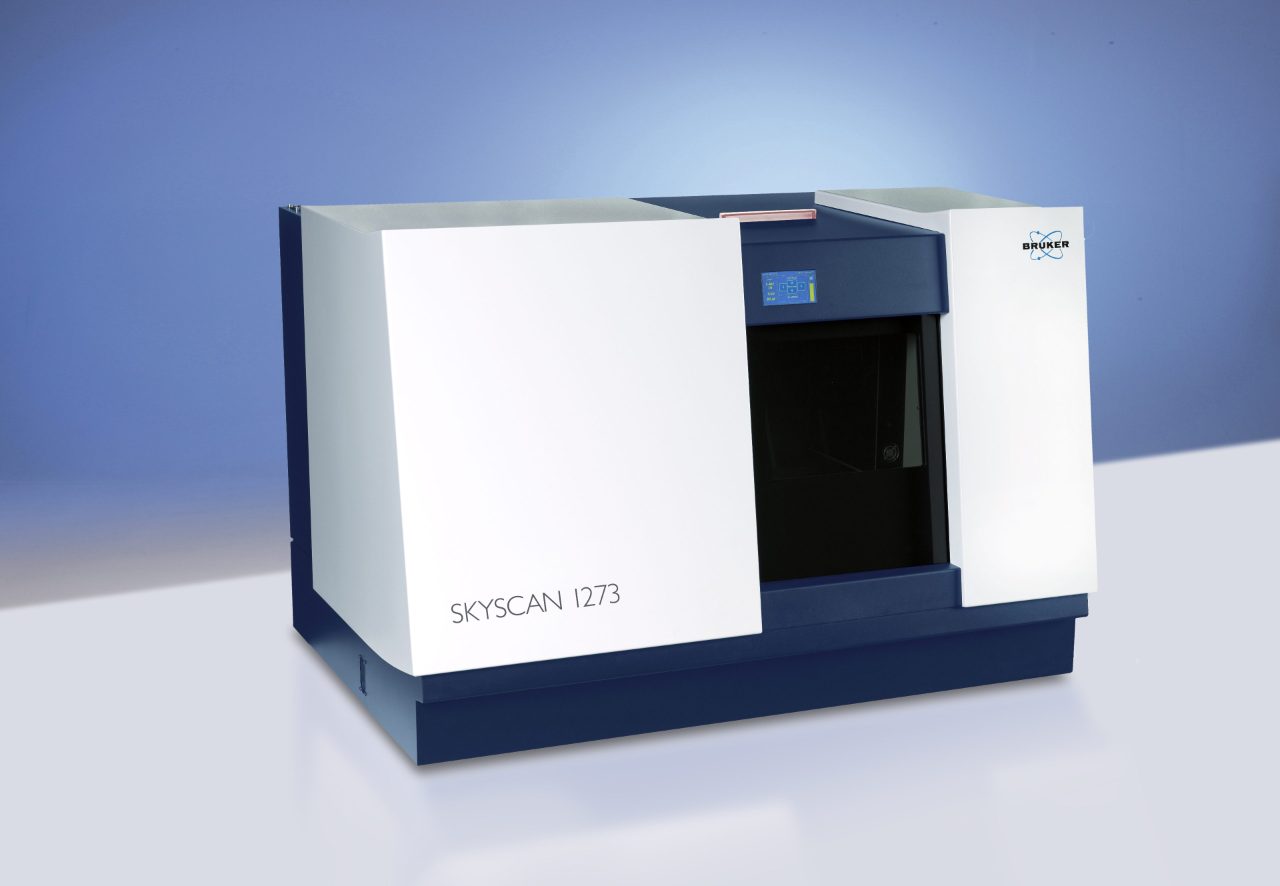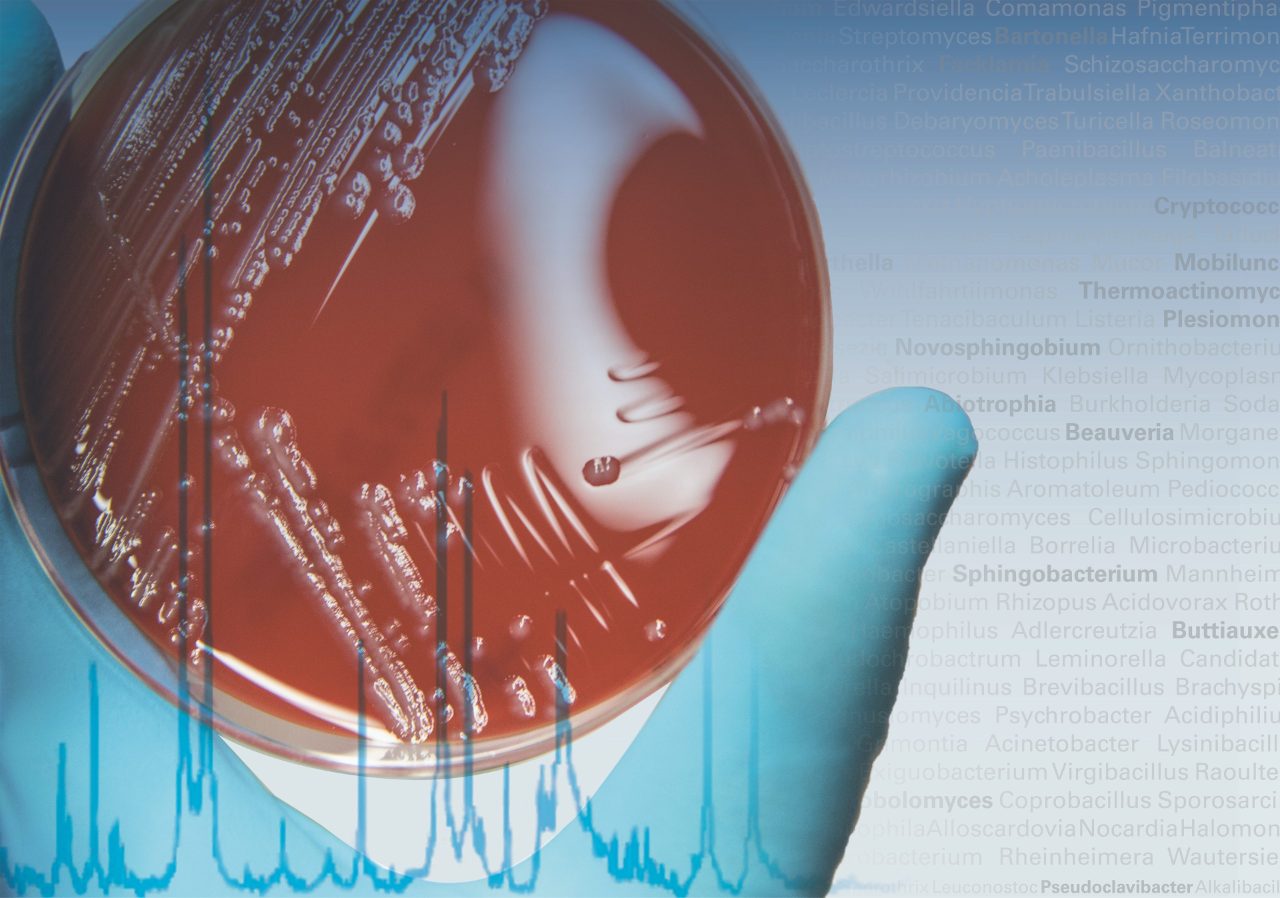Training & Education
Training and education are everything – both in life and business. With Bruker’s education and training programs you get access to knowledge about the very latest achievements in modern analytics.
Visit our Bruker training centers that run a comprehensive range of advances training courses covering topics such as system operation, maintenance and theory. We provide introductory classes as well as courses for advanced operators.

